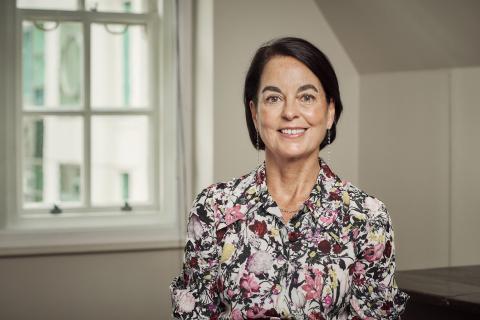Serie A rights auction: Sky ready for radical revamp
25 February 2021Italy's Serie A could award its 2021-24 broadcasting rights tomorrow to either Sky or DAZN (backed by TIM) for a fee significantly down on the previous cycle.
Either outcome looks good for Sky: increasing coverage at a lower fee, or pivoting to aggregation as DAZN will need to access Sky’s subscriber base.
DAZN and its ally TIM are also shifting strategy, but with weak rationale. The Italian auction reinforces our expectation of a drop in Premier League fees in the imminent British tender.


